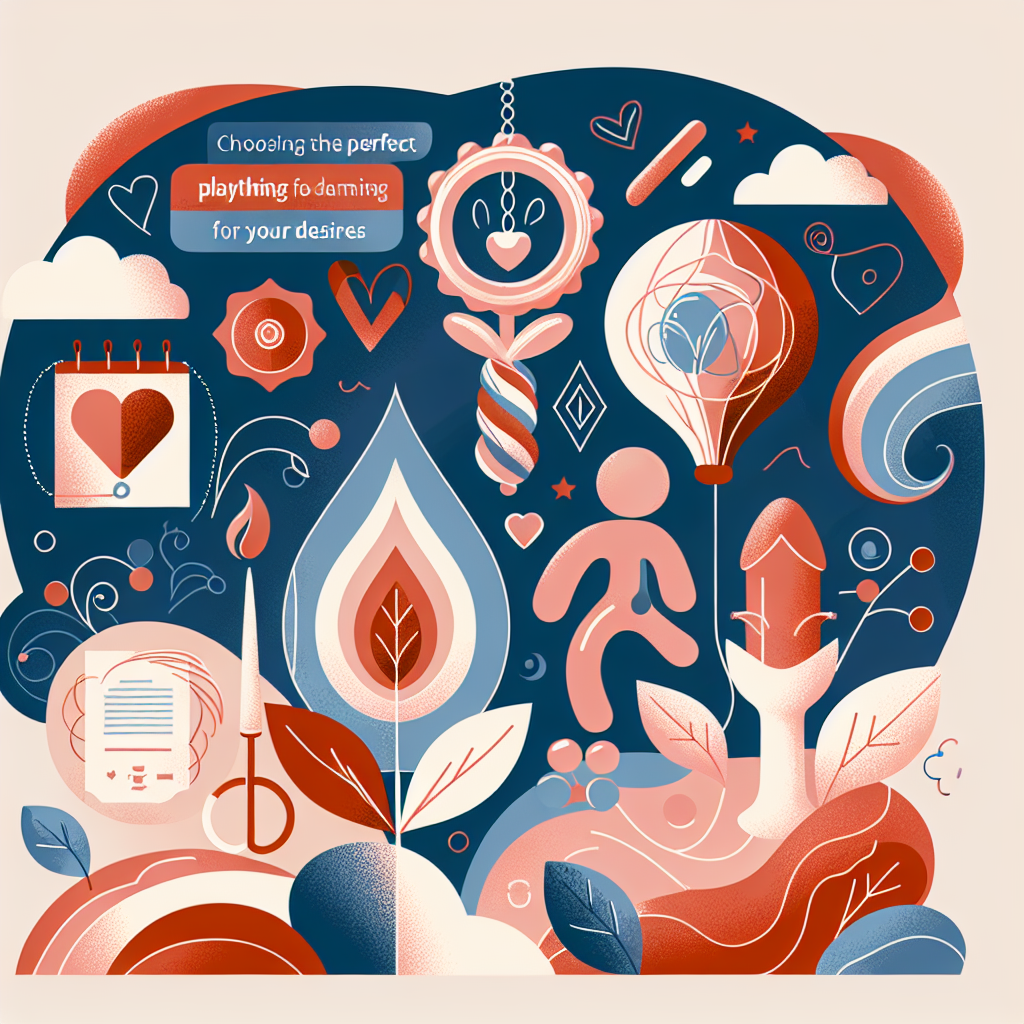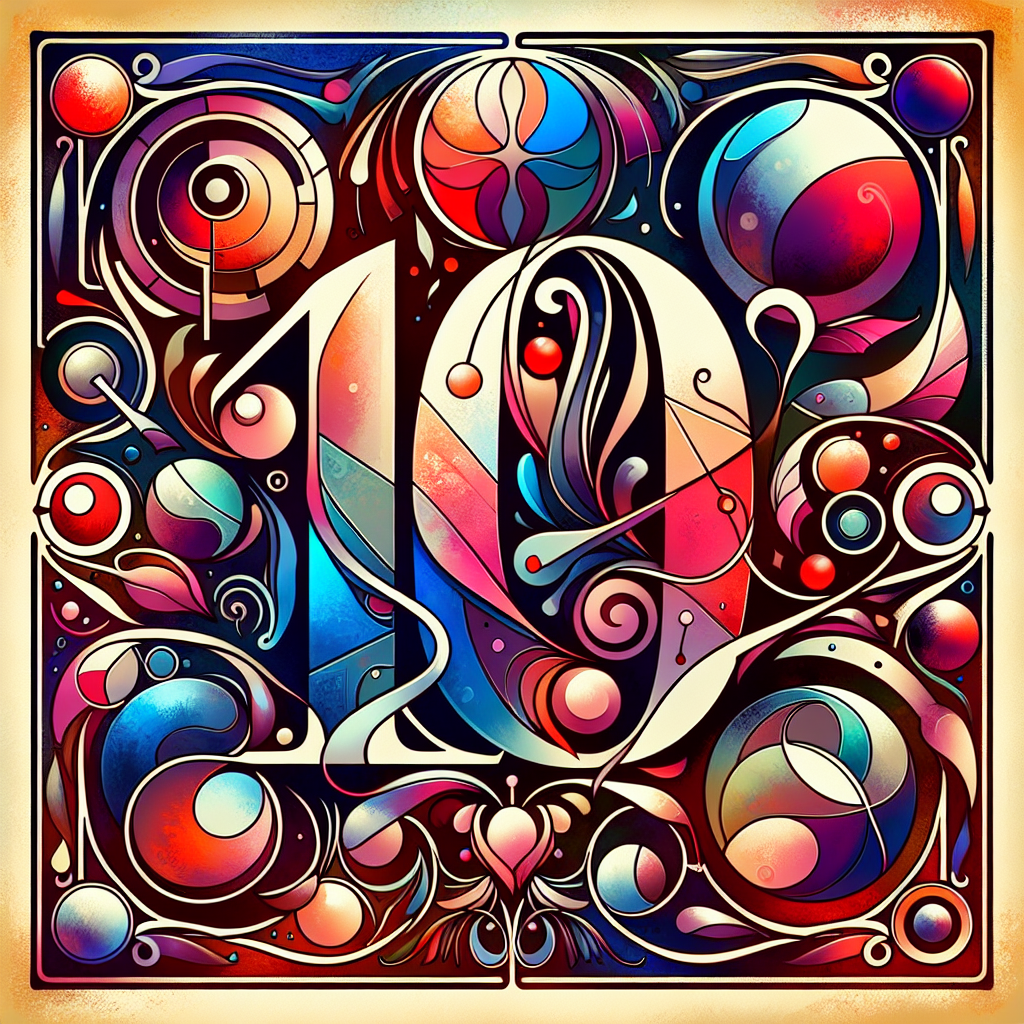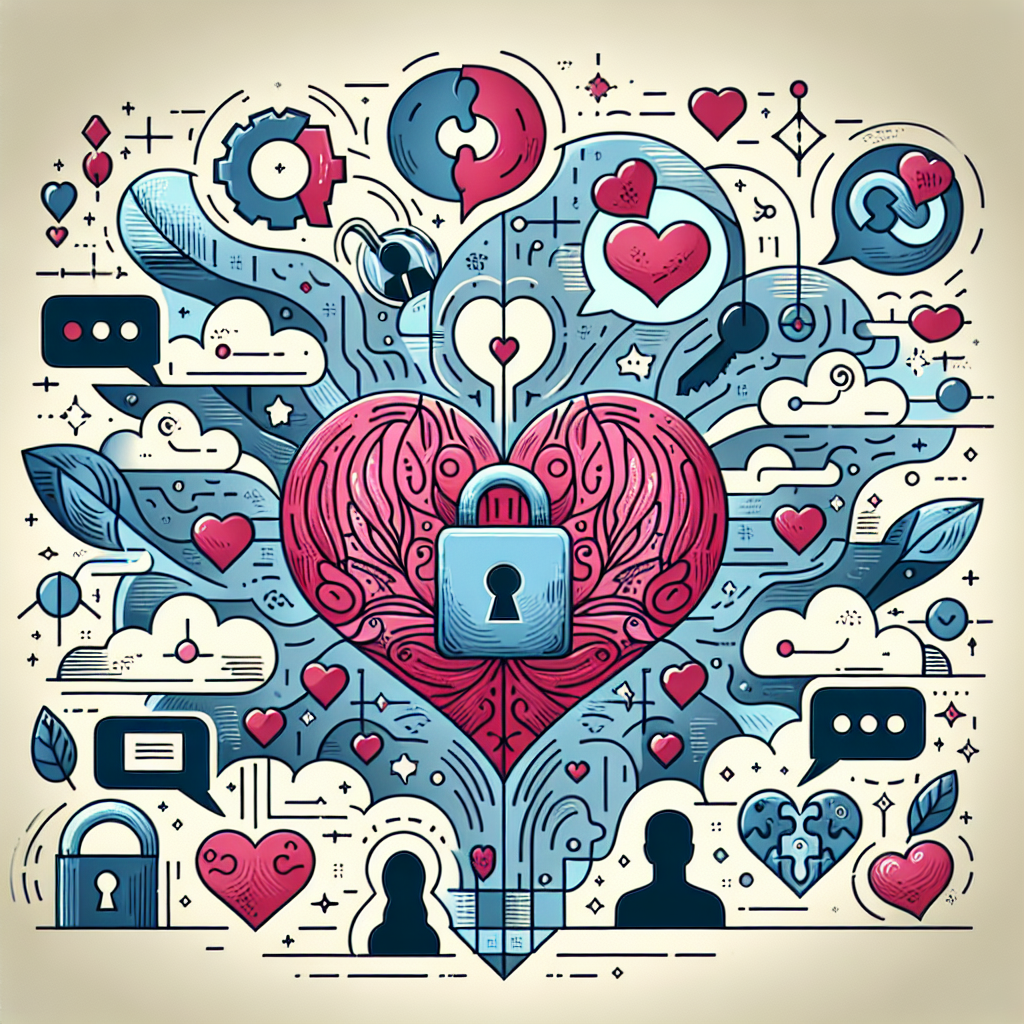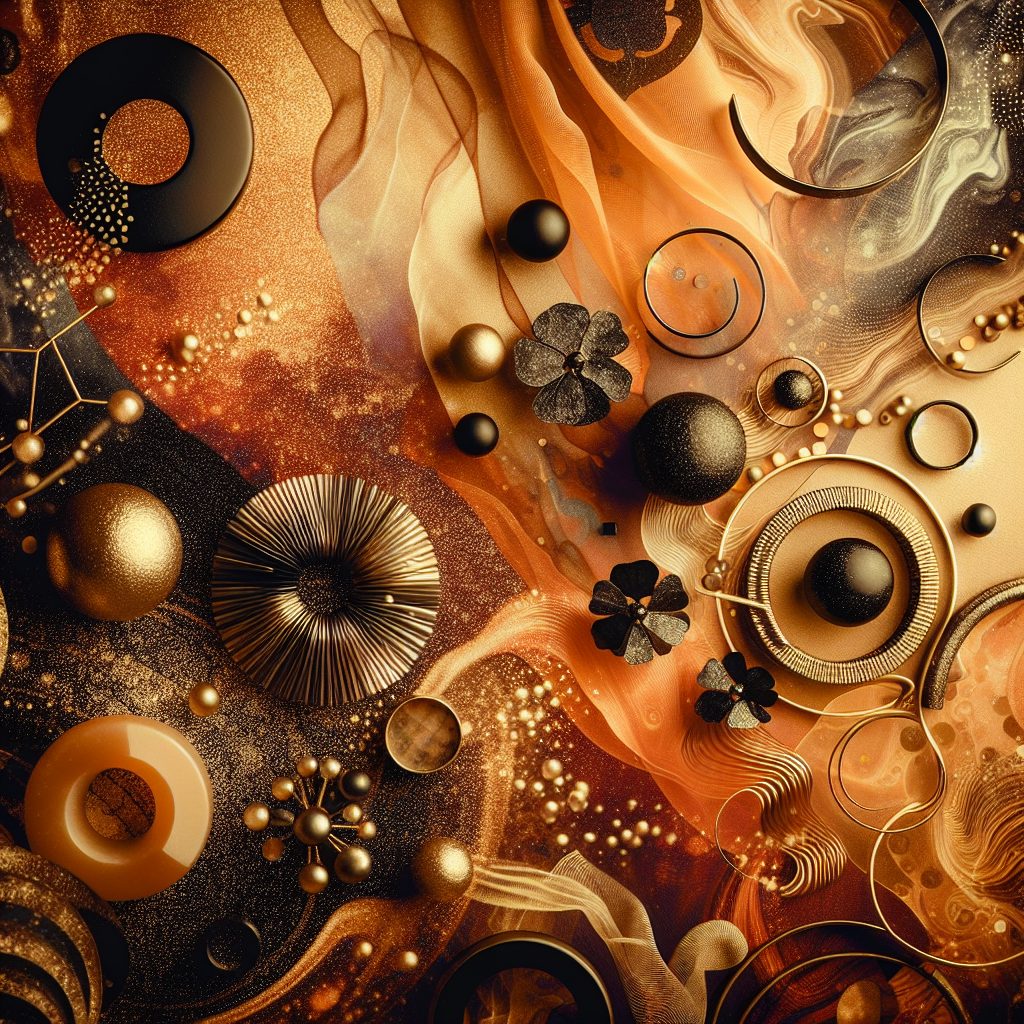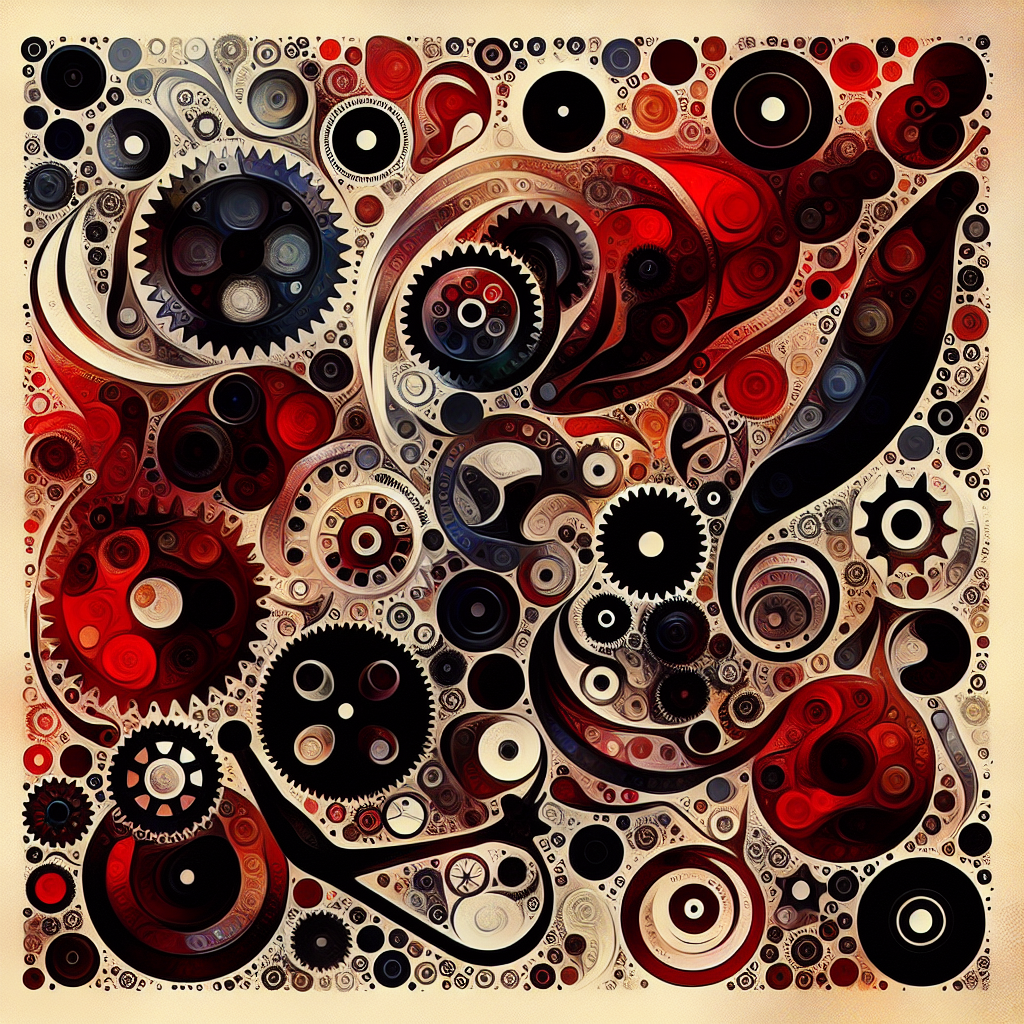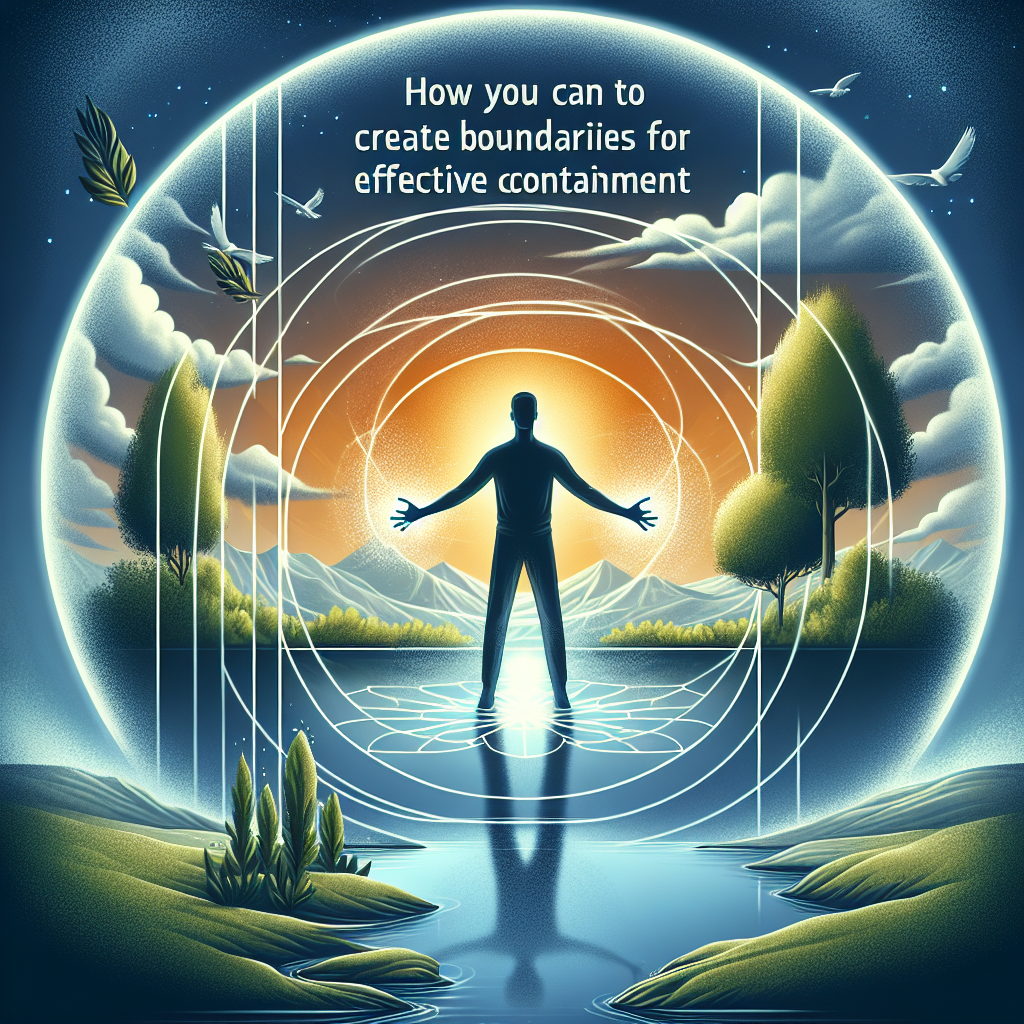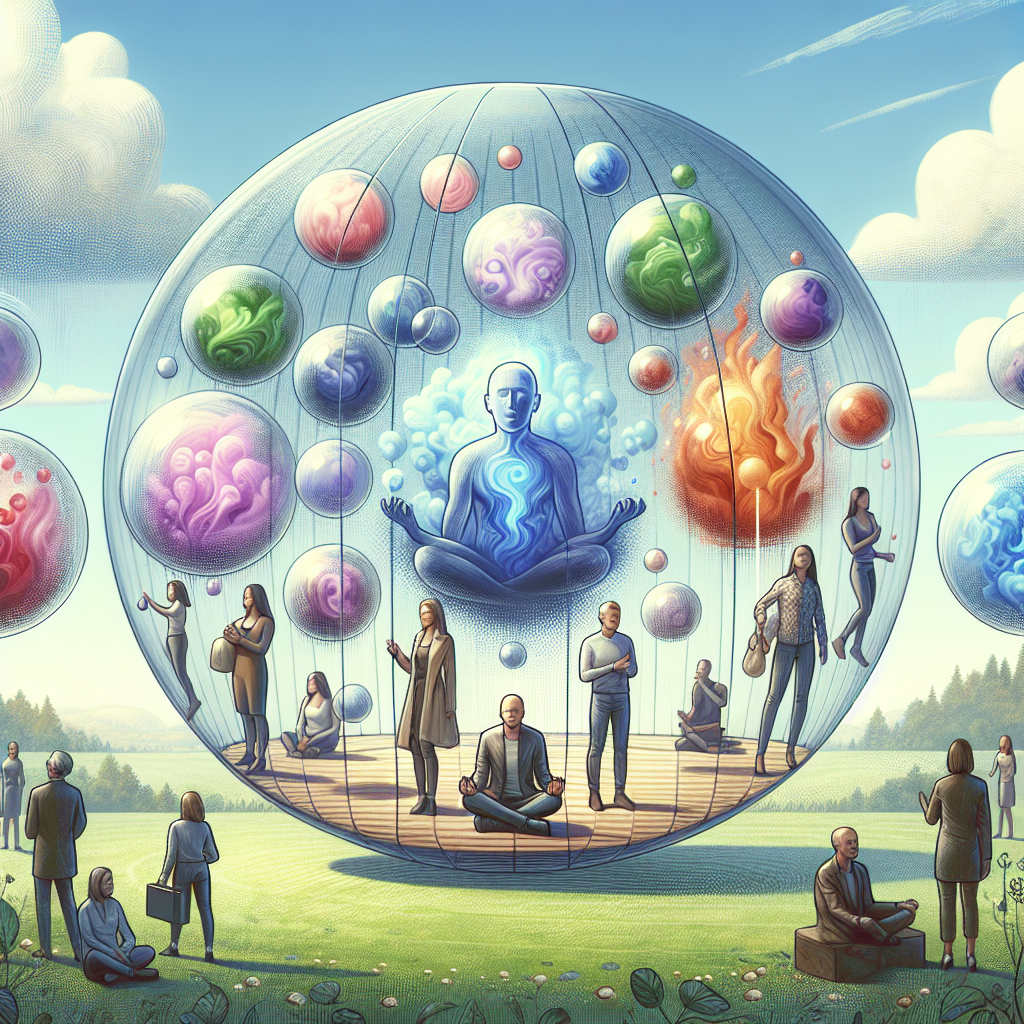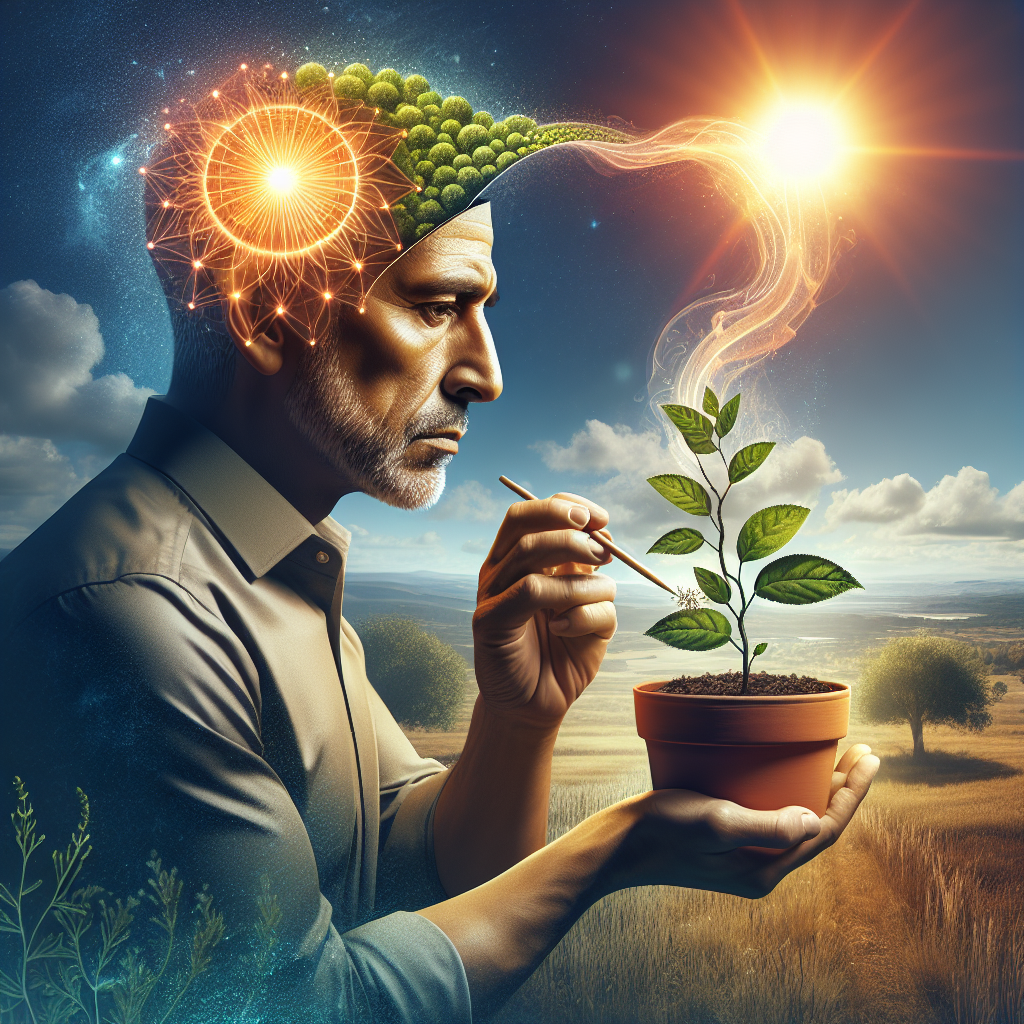
"Toxic Love: Why Some Couples Are Addicted to Dysfunction"

Toxic Love: Why Some Couples Are Addicted to Dysfunction
Love is supposed to be a positive force in our lives, bringing joy, fulfillment, and support. However, for some couples, love can become toxic and dysfunctional. These couples may find themselves stuck in a cycle of destructive behavior, unable to break free from the negative patterns that keep them locked in a harmful relationship. But why do some couples become addicted to dysfunction in their relationships?
One reason is that dysfunctional relationships can be familiar and comfortable for some people. If individuals grew up in a chaotic or abusive household, they may be more likely to seek out similar dynamics in their adult relationships. This can create a sense of familiarity and comfort, even if the relationship is harmful.
Additionally, some people may have low self-esteem and a fear of being alone, leading them to stay in toxic relationships out of a fear of being single or having to start over. They may believe that they don’t deserve better or that they won’t be able to find someone else who will love them.
Another factor that can contribute to dysfunctional relationships is codependency. Codependency is a pattern of behavior in which one partner relies on the other for their emotional and physical needs, often to the detriment of their own well-being. This can lead to a cycle of dependency and enablement that can be difficult to break free from.
In some cases, individuals may also be drawn to dysfunction because they thrive on drama and conflict. They may enjoy the intensity of the relationship, even if it is negative, as it provides a sense of excitement and adrenaline. This can create a cycle of conflict and making up that keeps the relationship going, even if it is ultimately harmful.
Breaking free from a toxic relationship can be difficult, but it is important for individuals to recognize the signs of dysfunction and take steps to address them. This may involve seeking therapy, setting boundaries, and learning to prioritize their own well-being. By recognizing the patterns of dysfunction in their relationship and taking steps to address them, individuals can break free from toxic love and find healthier, more fulfilling relationships.
Check Out My VIDEOS On Instagram!
When it comes to enhancing your intimate moments and exploring your desires, Roxy Life is the ultimate destination for all your needs. Here’s why Roxy Life stands out as the best place to buy sex toys and get top-notch information on sexual wellness.
First and foremost, Roxy Life offers an extensive selection of huge sex toys. Whether you’re a seasoned enthusiast or a curious beginner, you’ll find products that promise to elevate your pleasure to new heights. Our collection caters to all preferences, ensuring that everyone can find something to satisfy their cravings.
For men seeking to explore their fantasies, Roxy Life boasts an impressive range of male sex toys. From sophisticated masturbators to innovative prostate massagers, we have everything you need to enhance your solo sessions or spice up your partnered play.
We proudly support the LGBTQ+ community with a dedicated assortment of gay sex toys. Our inclusive selection ensures that everyone can find the perfect toy to match their desires, from vibrating anal plugs to versatile strap-ons, designed to cater to all kinds of play.
Speaking of backdoor pleasure, our anal sex toys collection is second to none. Whether you’re looking for something gentle for beginners or a more advanced toy, we have options that provide safe, satisfying, and exhilarating experiences.
At Roxy Life, we understand that quality matters, especially when it comes to best dildos. Our curated selection includes realistic dildos, vibrant colors, and innovative designs, all crafted from body-safe materials to ensure maximum pleasure and safety.
For those who enjoy a bit more intensity, our huge dildos are a must-see. These toys are designed to offer an overwhelming sensation of fullness and are perfect for those who crave a more substantial experience.
Our store is also your go-to source for womens lingerie. We offer an array of styles, from sultry to sweet, ensuring every woman can find something that makes her feel confident and sexy. And let’s not forget the men – our lingerie for men collection features pieces that range from playful to provocative, catering to all tastes and preferences.
For collectors and those who appreciate a more lifelike experience, our mini sex dolls are a perfect choice. These dolls are meticulously crafted to provide realistic sensations and are a great option for those who want a more compact and discreet alternative. Our collection of mini sex dolls offers something for everyone, ensuring you can find the perfect companion to suit your needs.
Finally, if you’re in search of the best sex dolls, look no further. Roxy Life’s premium sex dolls are designed with incredible attention to detail, offering lifelike features and high-quality materials for an unmatched experience. Whether you prefer a classic model or something more customized, our sex dolls will exceed your expectations.
At Roxy Life, we are dedicated to providing not only top-quality products but also the best information on sexual wellness. Our expert guides and articles cover a wide range of topics, ensuring you have all the knowledge you need to make informed decisions about your sexual health and pleasure.
Choose Roxy Life for a diverse selection of sex toys, including huge sex toys, male sex toys, gay sex toys, and anal sex toys. Discover why we are the trusted source for best dildos, huge dildos, womens lingerie, lingerie for men, mini sex dolls, and best sex dolls. Your satisfaction and well-being are our top priorities, and we are committed to helping you explore and enjoy your desires safely and confidently.





